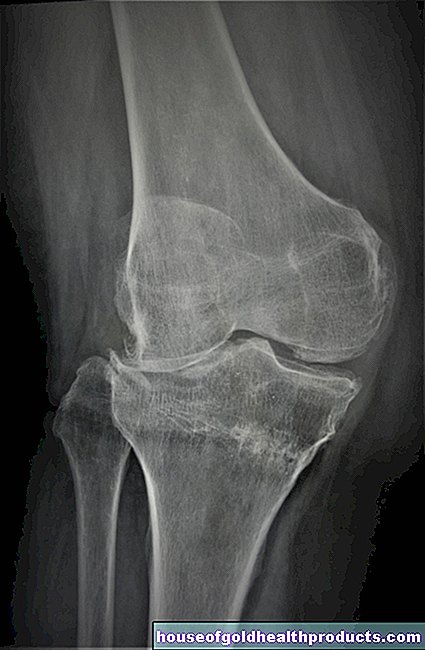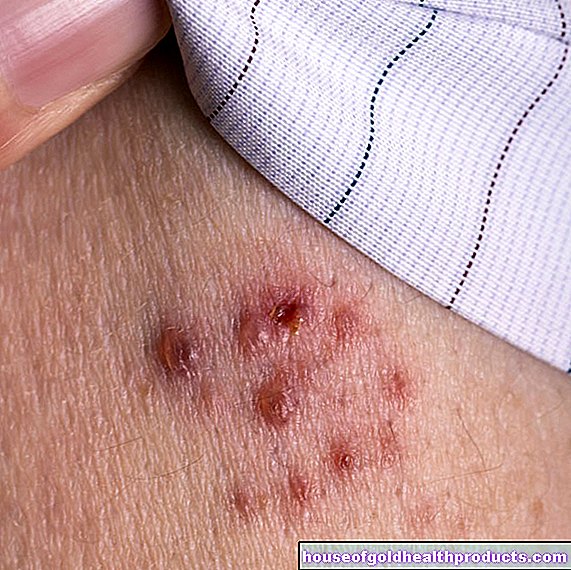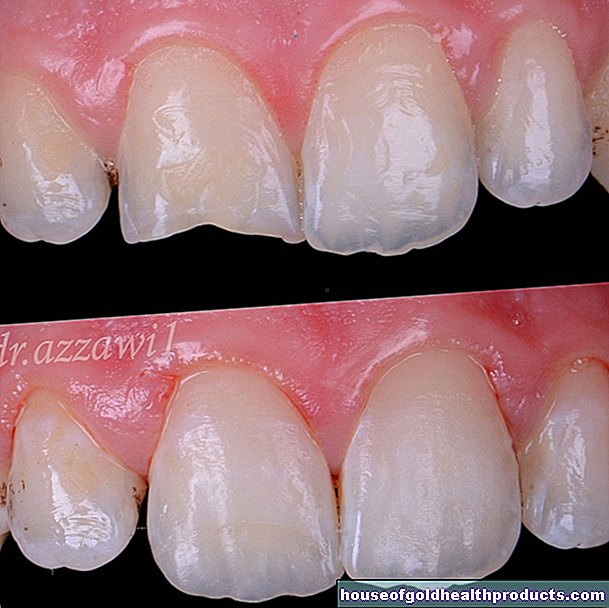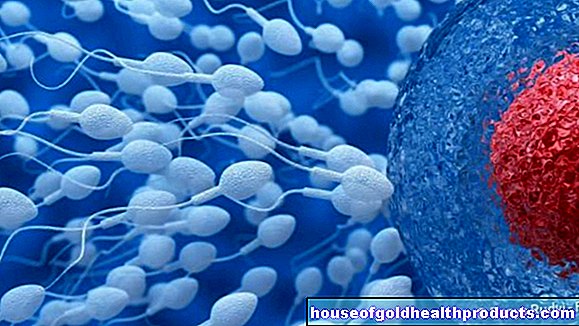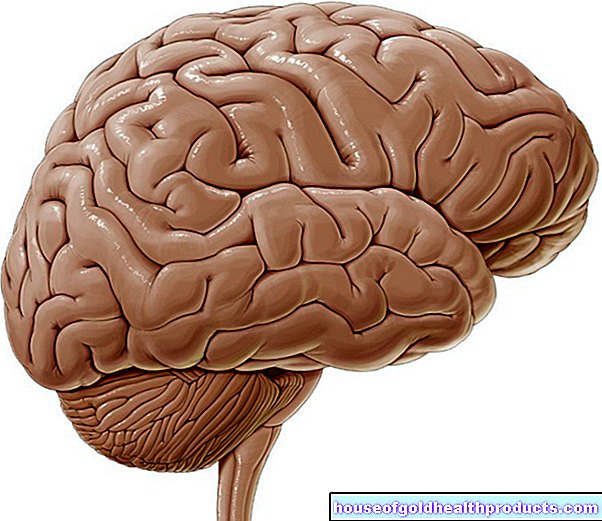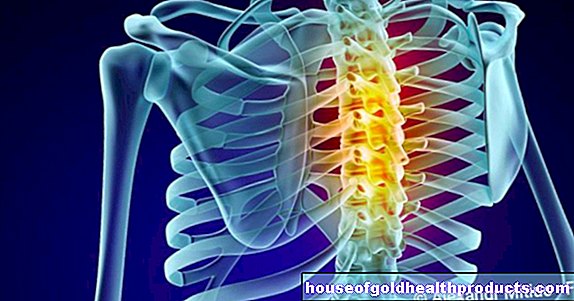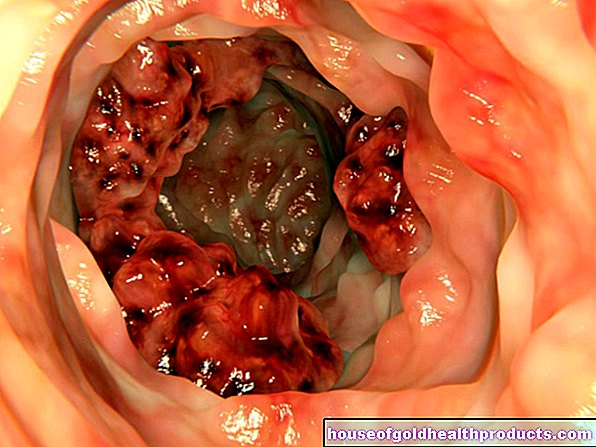Fine dust: Blood pressure also suffers
Lisa Vogel studied departmental journalism with a focus on medicine and biosciences at Ansbach University and deepened her journalistic knowledge in the master's degree in multimedia information and communication. This was followed by a traineeship in the editorial team. Since September 2020 she has been writing as a freelance journalist for
More posts by Lisa Vogel All content is checked by medical journalists.The list of harmful effects is getting longer and longer: The fine dust pollution also seems to have an unfavorable effect on blood pressure. And, as a recent study from the USA shows, even in the short term.
If fine dust particles in the air we breathe are so tiny that they pass from the lungs into the bloodstream, they can in principle reach every organ in the body. A team led by environmental researcher Dr. Masako Morishita in the USA.
Filters ensure clean air
In a senior citizens' residence in the center of the US industrial metropolis Detroit, the scientists installed air filters in the bedrooms and lounges of their test subjects. 40 pensioners with an average age of 67 years had the fine dust concentration determined in their rooms before and after the installation and had their blood pressure measured regularly.
The investigation ran for almost two years. Three different types of filters were used: a highly efficient filter, a less efficient device and - for control purposes - an air filter that did not affect the level of fine dust in the room at all. After three days of air filtering, there was a one-week break.
WHO limit was never exceeded
Before the air filters were installed, the average fine dust load in the rooms was 17.5 micrograms per cubic meter.For comparison: the World Health Organization has set a measured value of 25 micrograms per cubic meter as the upper limit for tiny particles of size PM 2.5 - significantly more than the values determined for the elderly.
Blood pressure drops after just three days
After three days of operation of the filter devices, the fine dust pollution had decreased as expected. Using the weak device at 10.9 micrometers per cubic meter, the efficient filter reached 7.4 micrometers per cubic meter of air.
And in fact, the systolic blood pressure of the residents with the lower particulate matter exposure also fell significantly, namely by an average of 3.2 mmHg (millimeters of mercury). The effect was even stronger in test subjects with obesity: In them, the blood pressure even decreased by an average of 7.5 mmHg.
Which of the two actually working air filters cleaned the air hardly played a role. In the control group with the ineffective air filters, however, there was no effect on the blood pressure.
Body produces stress hormones
Particulate matter is created by burning fossil materials, for example in road traffic or in heating systems. Chinese scientists working with Li Huichu had shown in an earlier study that fine dust affects the human metabolism. “It could be that a part of the diencephalon, the hypothalamus, stimulates the production of stress hormones after fine dust inhalation,” says lead author Huichu. An increased release of the adrenal stress hormone cortisol, for example, increases blood pressure.
High blood pressure is one of the most important common diseases. About 30 million people in Germany live with hypertension. Too high blood pressure damages the vascular system in the long term and increases the risk of heart disease. Blood pressure values above 140/90 mmHg are considered to be abnormally elevated.
Tags: drugs sex partnership hospital
